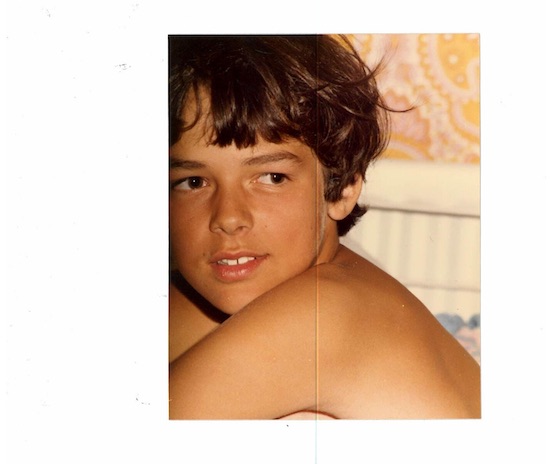If you’re going to write the story of your life, “I was born in…” would seem a logical opening line. If you start there, though, you’d better make sure you have a patient reader. Or, perhaps, stick to the main events, the important stuff, and leave the details aside. I Don’t Want To Go To The Taj Mahal, a new memoir by Birmingham writer Charlie Hill, begins ‘I was born in…’ – but after that, things don’t quite follow as expected. The book works its way through ninety-four very short pieces – some only a sentence, the longest two pages – and constantly avoids much of what anyone might regard as the ‘big events.’ What Hill apparently chooses to do is focus on the minor stuff, the bits in between.
This strategy of leaving out much of what you might expect to find in a memoir while casually dropping in other tiny details, assuming the reader will know where Grange Road is, or what Zaffs is, or understand the subtle differences between The Fighting Cocks and The Prince of Wales, is initially unsettling until the cumulative effect of the apparently small details begins to amount to more. What might at first seem a catalogue of dodgy stories, usually resulting in some kind of failure or loss (job, house, girlfriend) becomes a book about memory, and how we recall and record the textures of lived experience.
This book isn’t a Sebaldian trawl through history, or an artful take on Knausgaard-style autofiction. If it has literary precursors, they are Georges Perec’s or Joe Brainard’s minimal I Remember, substituting 90s Balsall Heath and Moseley for 50s Paris or Oklahoma. “It’s all true,” claims Hill. “At least in as much as everything in the book took place. Whether or not it took place quite how it’s described is another question, but it’s certainly as I remember it. I’m not the sort of fella to keep a diary.”
The brief sections shift between present and past tenses to distinctive effect. “Some of our memories are visceral, urgent and some are more obviously the product of a period of reflection,” says Hill. “Some are present as purely emotional responses, others have been consciously reworked before being slotted or squeezed into the narratives we create – not that this makes them any less real.”
As well as a book about memory, I Don’t Want to Go to the Taj Mahal thus becomes, almost by default, a book about the 90s. That said, there is no Britpop, New Labour or cocaine here, but scuzzy techno, cider and cheap weed. “Princess Diana dies and we take acid,” remembers Hill. It’s the grubby side of a decade which is becoming strangely lionised, a counterpoint to an official historical narrative.
There are elements that will be familiar to anyone who’s grown up in the UK (sex, music, buses) but always something else, something missing, the sense that Hill is always going to fuck up, mostly on the small scale, but fuck up nevertheless. The list of people he falls out with, gets into scraps with, or simply loses along the way grows ever longer. There is a reason, a reader could surmise, for all those gaps. Many writers tend to be chippy, unclubbable, given to petty recriminations and holding grudges for so long their original motives are totally obscure. Hill (in person affable, diffident, but still at home with a pint and a good argument) perhaps unwittingly shows reasons why this may be.
“I was a patsy, a sap, a pawn, a heel,” he notes (after failing to crash an 808 State backstage party) – he has become a minor character in someone else’s story. There is almost a more conventional highlight with a trip to India (hence the book’s title), but there’s no epiphany while taking MDMA on a houseboat in Kashmir, only a dose of amoebic dysentery. Yet this life lived from the margins, as it were, can have its advantages, especially if you’re a careful observer – which Hill, despite his questionable memory, is. The book presents a cross-hatching of memories and forgettings, observations and elisions, to build a unique, beguiling effect.
The week after Blair is elected Hill interviews house and techno DJ Billy Nasty who tells him “Nothing’s going to change,” and Hill’s life doesn’t seem to, the stories go on until a fortuitous chance meeting while playing pool does change things. The book almost ends there, a fair while before it actually stops, and again what may seem enormous life events, the big stuff, the things other people spin entire books out of (marriage, becoming a father, having a life-threatening illness) are passed over in a few pages. If you’re going to write the story of your life, working out quite what does matter is always a difficult thing to do, especially if that life is your own.
I Don’t Want To Go To The Taj Mahal By Charlie Hill is published by Repeater Books


